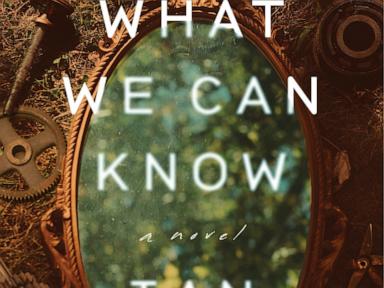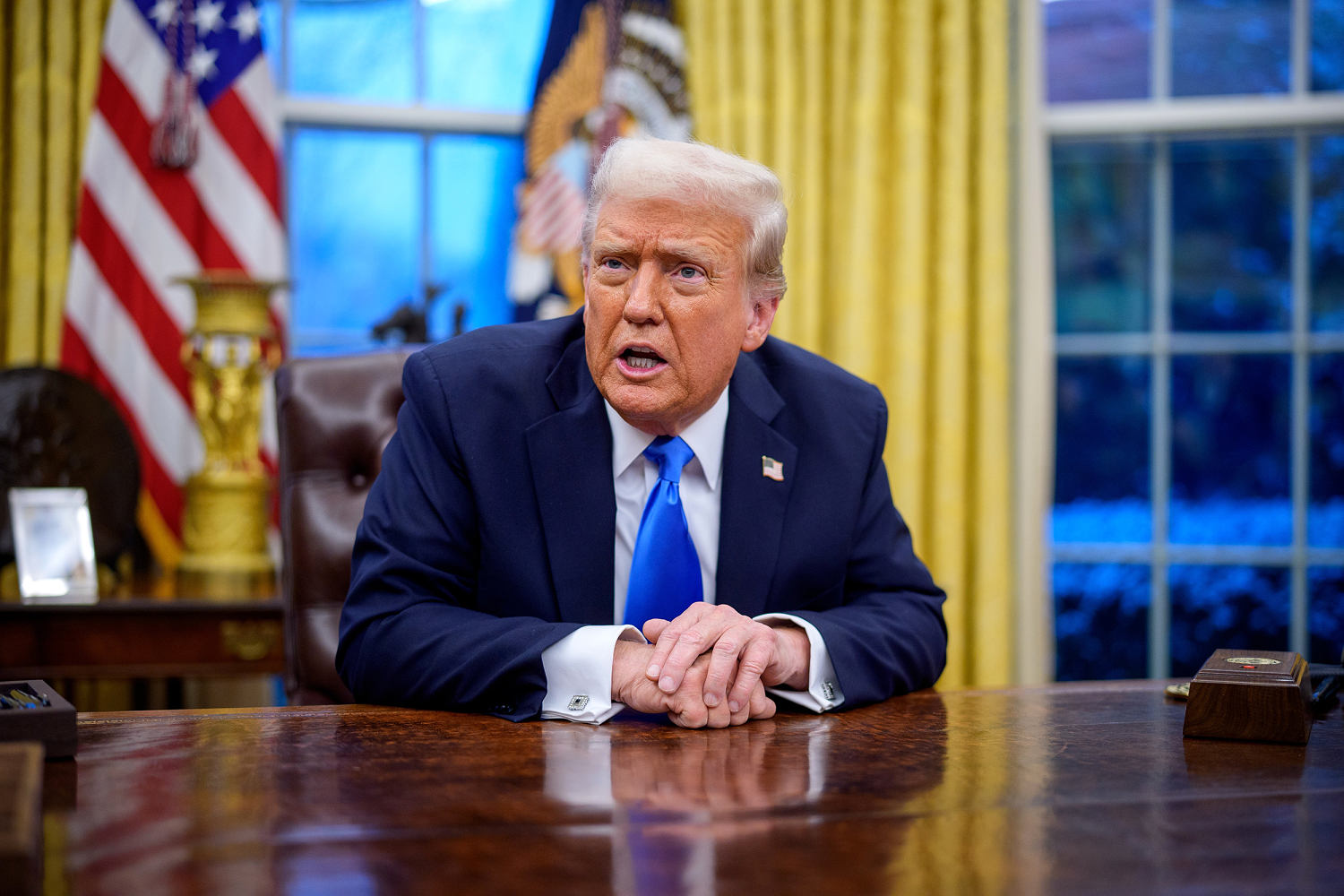When science itself comes under attack, we all suffer

Science is under attack. As the new administration moves aggressively toward implementing its policies, the entire field could find itself the victim of decisions by individuals who lack the knowledge, training or expertise to achieve the right balance between progress and adherence to basic scientific principles and processes, and all the benefits that can be accrued.
President Trump says that “common sense” should be the overriding theme in his administration, and of his policies. Undoubtedly, common sense is a good thing. Yet using common sense as the only standard for decision-making ignores complexities in the natural world, technology and medicine. That is where the scientific method comes into play.
So what is the scientific method, and why is it important and needed? The scientific method provides a procedure for defining new knowledge. It may involve a stated hypothesis that must be tested by designing an experiment or proven using axiomatic principles grounded in mathematics. In some cases, the scientific method may appear overly burdensome to apply. Common sense may appear more efficient as a mechanism to obtain new knowledge and understanding.
Certainly, there are instances when one does not need to apply the scientific method to gain knowledge. For example, the scientific method is not needed to assess whether it is better to jump out of an airplane with or without a parachute. Common sense dictates what should be done to maximize your chance of survival.
Yet there are numerous places in science where the conclusion is not so obvious.
This is particularly true in medicine, where clinicians may be faced with numerous options of care for a medical condition. In such cases, clinical trials can be designed to identify a standard of care that can be broadly applied and is safe and effective. Such knowledge benefits both clinicians in providing and patients with receiving the best known care. Clinical trials are widely used in the pharmaceutical industry when new products are developed and must be evaluated for their safety and effectiveness compared to existing standards of care.
One of the most valuable insights gleaned from applying the scientific method is reproducibility of the results. Though common sense may guide a hypothesis, the scientific method provides evidence that the conclusions drawn can be reliably and consistently obtained in the field.
The same benefits hold true with technologies that everyone uses and benefits from. Microchips are the driver for most available technologies. today Yet research and development (which applies the scientific method) conducted over many years have advanced such technologies such that they are available at low cost, widely accessible for everyone’s benefit, and reliable. Few people pick up their smartphone wondering whether it will operate as expected. The reliability of technologies has become expected and assumed.
Advances in artificial intelligence are made with new models that must be hypothesized and evaluated. Large language models have given us tools like Chat GPT that mimic human conversation and interactions. Such advances do not emerge in a vacuum; they require research to make fundamental insights that permit massive amounts of data to be used to train such models.
When the scientific method is questioned, scientific and technological advances will slow or even come to a halt. The costs of such headwinds are enormous, as the United States works to maintain and grow its global preeminence, particularly with a near-peer like China working at full speed to make scientific and technological discoveries. The announcement of DeepSeek showcases such foreign capabilities.
Applying the scientific method can be challenging, time consuming and expensive. That is why investments by the National Institutes of Health and the National Science Foundation are critical to advance knowledge, ultimately making everyone’s life better. President Trump’s announcement that overhead rates on NIH grants will be capped at 15 percent would handcuff medical research at universities and research laboratories, slowing the progress of medical advances to the detriment of all.
Scientific advances are also needed by the Department of Defense, the Department of Energy, the Environmental Protection Agency, the Department of Homeland Security and other government agencies. They invest in science research to enhance their missions, which makes everyone safer and protects the economic and societal interests of our nation.
Given that such agencies support thousands of research grants every year, it is impossible to know beforehand which research projects will result in the most significant advances. Peer review provides a mechanism to vet such projects, though looking into the future is always fraught with uncertainty. That is why so many grants must be supported — since some of the most impactful new knowledge sometimes emerges out of the most unexpected research proposals.
Anyone who rejects the benefits of science and the scientific method should toss away their smartphone, stop using the internet and social media, never travel on an airplane, and ignore medical advice to treat their ailments. All these societal benefits and advances are grounded in the very concepts rejected by those attacking science.
The scientific method is politically agnostic. It seeks neither power nor prestige. It is a procedure to uncover new information and insights, and in many cases, doing so for the benefit of all.
Whether future research will advance technology to make smartphones even smarter or uncover new treatments for cancer that will save countless lives, at the core of such advances is the scientific method. Without such a methodological process, we will ultimately find ourselves living in a modern dark age for knowledge creation, a place that provides little benefits for our nation and the world.
Sheldon H. Jacobson, Ph.D., is a professor in computer science in the Grainger College of Engineering at the University of Illinois Urbana-Champaign. He uses his expertise in risk-based analytics to address problems in public policy.
-
Our early 2025 Power Rankings: We stacked all 32 teams, seven months out
With the 2024 NFL season officially over, how do all 32 teams stack up for 2025?ESPN - 8h -

‘It’s how we make sense of the world’: why are we all obsessed with gossip?
In her new book, Normal Gossip podcaster Kelsey McKinney explores our unending interest in talking about other people behind their backs. “We gossip and tell stories because that is how we make ...The Guardian - 1d -

Two winter storms put 29 million people under alerts with freezing conditions to come
Two winter storms will bring snow, freezing rain and arctic cold in a one-two punch to parts of the United States this week.NBC News - 1d -
What do Super Bowl results tell us about Eagles and Chiefs when it comes to 2025 fantasy football drafts?
Matt Harmon breaks down the Eagles' dominant win over the Chiefs in the Super Bowl, and what it could mean for 2025 fantasy drafts.Yahoo Sports - 1d -

Why we all need sisu – the Finnish concept of action and creativity in hard times
This is something more profound than resilience. It is the part of us that comes alive when we feel we have nothing left. In 2023, I was in the top 0.05% of Spotify listeners of Manic Street ...The Guardian - 2d -

When my daughter’s pregnancy was on the line, it felt like history was repeating itself…
Joanna Moorhead recalls her daughter’s difficult birth as she watches her go through the same thing 32 years later. It was a routine antenatal appointment with many weeks still to go until the ...The Guardian - 3d -

Google Maps changed the way we get around. It all began in a spare bedroom in Sydney
This weekend the mapping platform turns 20 – and Stephen Ma is writing himself and his friends back into its origin story. Follow our Australia news live blog for latest updates Get our ...The Guardian - 3d -

Ian McEwan's next novel, 'What We Can Know,' is science fiction 'without the science'
The next novel by Ian McEwan will be a post-apocalyptic story, set in part in the 22nd century and centered on a scholar’s immersion into a poem written during happier timesABC News - 5d -

We go back to where it all began - Brexitcast
Adam, Laura, Chris and Faisal bring back Brexitcast for a night in the BBC Radio Theatre.BBC News - 5d
More from The Hill
-

'Centrist dads' (and moms) are the quiet leaders we need
The attacks on centrism stem from a fundamental misreading of history and politics.The Hill - 23m -

Growth in Russian military spending outpaces all European countries combined: Think tank
The rate of growth for Russia's military spending outpaced all other European countries combined in 2024 as its invasion of Ukraine has persisted for nearly three years, according to an analysis ...The Hill - 28m -

Trump secures release of journalist jailed in Belarus
President Trump has secured the release of a journalist jailed in Belarus, a development that follows Russia’s exchange of a jailed American as a confidence-building measure leading toward ...The Hill - 30m -

Musk calls for ‘wave of judicial impeachments’
Tech billionaire Elon Musk on Wednesday called for judges to be impeached for checking the power of the Trump administration, as some of its efforts to overhaul the government get bogged down in ...The Hill - 43m -

Farah Griffin: Trump 'giving himself distance' by putting Musk in charge of massive cuts
Former White House staffer Alyssa Farah Griffin said President Trump is “giving himself distance” by placing Elon Musk in charge of controversial cuts to federal spending at various agencies. ...The Hill - 46m
More in Politics
-

'Centrist dads' (and moms) are the quiet leaders we need
The attacks on centrism stem from a fundamental misreading of history and politics.The Hill - 23m -

Growth in Russian military spending outpaces all European countries combined: Think tank
The rate of growth for Russia's military spending outpaced all other European countries combined in 2024 as its invasion of Ukraine has persisted for nearly three years, according to an analysis ...The Hill - 28m -

Trump secures release of journalist jailed in Belarus
President Trump has secured the release of a journalist jailed in Belarus, a development that follows Russia’s exchange of a jailed American as a confidence-building measure leading toward ...The Hill - 30m -

Fired inspectors general sue Trump over their 'unlawful' termination
Eight inspectors general who were fired by Trump filed a lawsuit Wednesday charging their terminations were unlawful and seeking their immediate reinstatement.NBC News - 35m -

American citizen among 3 detainees released from Belarus
An American citizen is one of three detainees released by Belarus following negotiations with envoys from the Trump administration. The identity of the American detainee has not yet been released.NBC News - 35m